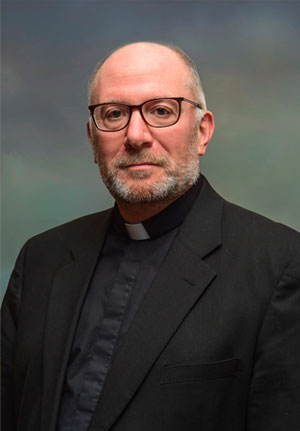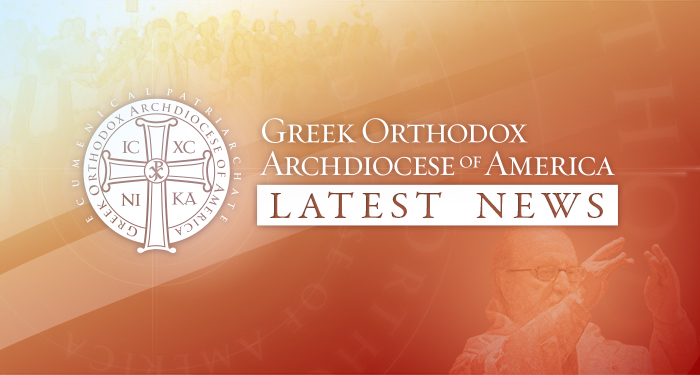Dear Religious Educator:

With Great Lent approaching, many parishes will offer a Lenten lecture series or other educational programs for the faithful. These are often held after Pre-sanctified Liturgy on Wednesday night or after Salutations Services on Friday night (the usual pattern in most Greek Orthodox parishes). Because Great Lent has a strong catechetical feel and the origins of Great Lent were connected to the final preparation of catechumens for baptism at the Paschal vigil, an educational series this time of year makes a great deal of sense.
Guest lecturers, frequently theologians from our seminaries or other experts, will speak to an adult audience and then allow some time for questions and discussion. This format raises the question, “Is this good adult education?” It also raises additional questions, dealing with the kinds of adult education we need in our parishes, in recognition that educating adults is (or at least should be) different than educating children.
Adult religious education usually falls along three basic categories: Learning the Tradition; Deepening Knowledge of the Tradition; Applying the Tradition.
Learning the Tradition. Many of the adults in Orthodox parishes grew up at a time where there were few religious education programs or resources available. This has left a large percentage of adults in parishes largely uninformed about basics of the Orthodox Faith. And even if they did participate in some programs when they were young, many adults may have forgotten the religious lessons of childhood. And the lessons of childhood would not have been as “sophisticated” as the lessons we can offer an adult.
Learning the basics of the Faith is thus an important dimension of adult religious education. Sermons, lectures, discussion groups, book clubs can be organized around basic topics. For example: what’s contained in the Bible, what happens in the Liturgy, the doctrinal statement of the Creed and other issues.
Deepening Knowledge of the Tradition. There will be parishioners who want to go deeper than basics. They are looking for a “closer read” of the texts. They want to know the origins of our practices or the debates that led to the expression of doctrines in the Councils. They are interested in reading the sources themselves so that they can come to a deeper knowledge and appreciation of the Orthodox Faith, its riches, its breadth and depth.
While the approach of reading and discussion groups would be similar, the difference is the intensity of focus. Instead of a general sweep through a topic, for example, the New Testament, a group would focus on one Gospel or one Epistle, thus creating the opportunity for a closer study.
Applying the Tradition. There will be parishioners who want to move beyond themselves and apply their faith in the world, and that application is being combined with study of the faith itself. Service projects are an important aspect of this, but combining service with study of the faith is key. Reading a Patristic text on wealth and poverty combined with working in a social service program would be an example of this kind of educational opportunity. Reading and reflecting on social or moral issues could lead to action by parishioners, or just help them in a profession. For example, medical personnel might have many questions about bio-ethical concerns, which they deal with daily in their work. Parishioners could prepare for encounters to share their faith with people from other backgrounds. For example, studying the history of Orthodoxy in America can lead a group to an encounter with parishioners from other Orthodox jurisdictions. It could expand to encounters with non-Orthodox or even non-Christians, sharing various elements of our Faith, practices, and history with others.
Parishes can and should begin to expand their offerings to adult parishioners, quite possibly along these lines. One important step as you begin to organize an adult education program is asking the parishioners what they would like to study, when they would be more likely to attend, and for how long (how many weeks, how long per meeting, etc.). An important difference between adult education and childhood education is that adults can tell you what they want.









